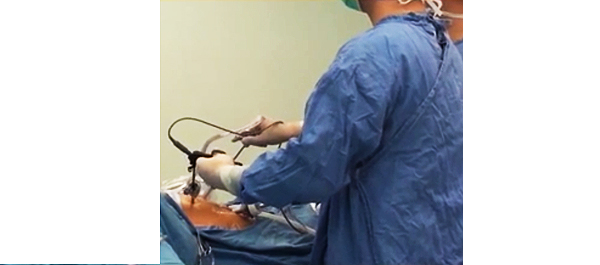
Article of the week: Remote ischaemic preconditioning reduces injury during partial nephrectomy
Every week the Editor-in-Chief selects the Article of the Week from the current issue of BJUI. The abstract is reproduced below and you can click on the button to read the full article, which is freely available to all readers for at least 30 days from the time of this post.
In addition to the article itself, there is an accompanying editorial written by a prominent member of the urological community. This blog is intended to provoke comment and discussion and we invite you to use the comment…
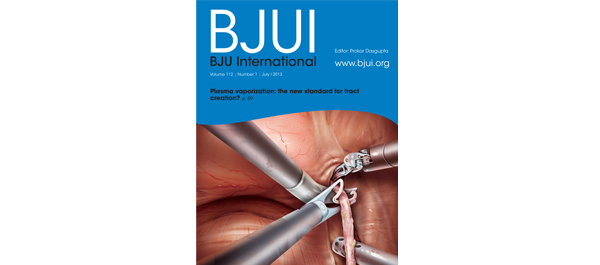
Editorial: Accepting the positive results of unconventional methods
1 Comment
/
It is sometimes difficult to accept the results of a study based on a concept that is unfamiliar, involves unknown physiological mechanisms, or shows results that defy rational explanation. Remote ischaemic preconditioning (RIPC) is probably not a familiar topic to most urologists and, admittedly, was not familiar to this reviewer until now. Yet the authors, based on animal models and clinical data from non-urological literature, conducted a prospective, surgeon and patient ‘blinded’, randomised…
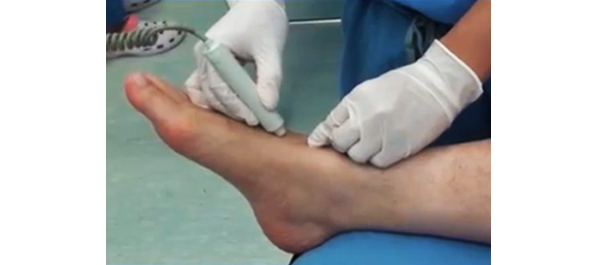
Video: Remote ischaemic preconditioning: good for the short term
Effect of remote ischaemic preconditioning on renal protection in patients undergoing laparoscopic partial nephrectomy: a ‘blinded’ randomised controlled trial
Jiwei Huang, YongHui Chen, Baijun Dong, Wen Kong, Jin Zhang, Wei Xue, DongMing Liu and Yiran Huang
Department of Urology, Renji Hospital, School of Medicine, Shanghai Jiao Tong University, Shanghai, China
OBJECTIVE
• To evaluate whether remote ischaemic preconditioning (RIPC) reduces renal injury in patients undergoing laparoscopic…
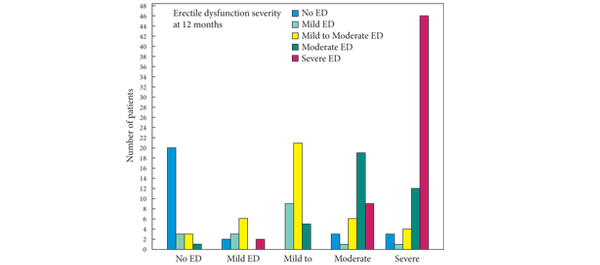
Article of the week: No difference in sexual function seen between monopolar and bipolar TURP
Every week the Editor-in-Chief selects the Article of the Week from the current issue of BJUI. The abstract is reproduced below and you can click on the button to read the full article, which is freely available to all readers for at least 30 days from the time of this post.
In addition to the article itself, there is an accompanying editorial written by a prominent member of the urological community. This blog is intended to provoke comment and discussion and we invite you to use the comment…

Editorial: Equivalent outcomes for monopolar and bipolar TURP; but are we overlooking the potential for improvement in sexual function after surgery?
Both BPH and sexual function (SF) have a major impact on quality of life in older men. Sexual dysfunction is a complex process encompassing both erectile and ejaculatory dysfunction, as well as reduced libido and difficulty achieving orgasm. Whilst retrograde ejaculation is an almost inevitable consequence of TURP, the evidence that TURP causes erectile dysfunction is conflicting. This is probably attributable, at least in part, to a lack of high-quality historical data. Studies now show that LUTS…
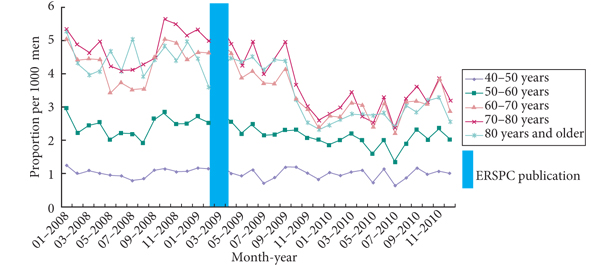
Article of the week: Dutch GPs influenced by ERSPC PSA study
Every week the Editor-in-Chief selects the Article of the Week from the current issue of BJUI. The abstract is reproduced below and you can click on the button to read the full article, which is freely available to all readers for at least 30 days from the time of this post.
In addition to the article itself, there is an accompanying editorial written by a prominent member of the urological community. This blog is intended to provoke comment and discussion and we invite you to use the comment…
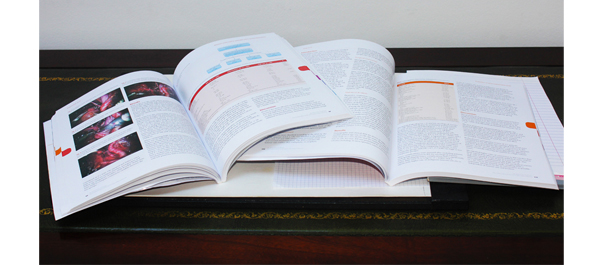
Editorial: Impact of ERSPC study on PSA testing in the Netherlands
General practitioner (GP)'s view on screening for prostate cancer in the Netherlands: the impact of a randomized trial
I am grateful to be given the opportunity to provide an editorial comment on a so-far unique publication investigating the impact of results of the European Randomized study of Screening for Prostate Cancer (ERSPC) on the attitude of Dutch GPs in requesting a serum determination of PSA in men aged >40 years. Access to data from one of the major health insurance companies and…
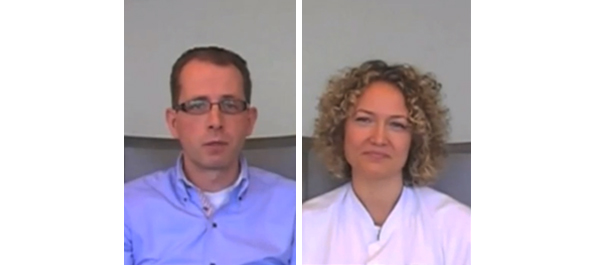
Video: PSA testing decreased in the Netherlands after ERSPC study
Impact of the European Randomized Study of Screening for Prostate Cancer (ERSPC) on prostate-specific antigen (PSA) testing by Dutch general practitioners
Saskia Van der Meer, Boudewijn J. Kollen*, Willem H. Hirdes, Martijn G. Steffens, Josette E.H.M. Hoekstra-Weebers†, Rien M. Nijman‡ and Marco H. Blanker*
Department of Urology, Isala Clinics, Zwolle, and Departments of *General Practice, †Psychosocial services and ‡Urology, University Medical Center Groningen, University of…
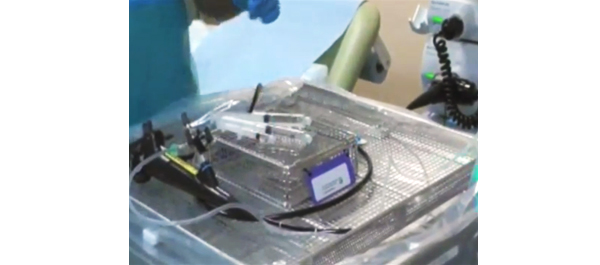
Article of the week: Botulinum toxins are not interchangeable for overactive bladder
Every week the Editor-in-Chief selects the Article of the Week from the current issue of BJUI. The abstract is reproduced below and you can click on the button to read the full article, which is freely available to all readers for at least 30 days from the time of this post.
In addition to the article itself, there is an accompanying editorial written by a prominent member of the urological community. This blog is intended to provoke comment and discussion and we invite you to use the comment…
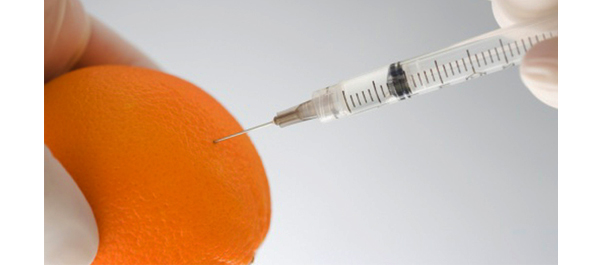
Editorial: Botulinum toxin-A for overactive bladder: formulations, dosing and clean intermittent catheterisation
The article by Ravindra et al., in this issue of the BJUI, tries to address an important question of comparing the 2 commonest types of botulinum toxin-A (BTX-A), Ona- and AbobotulinumtoxinA. In their institution they changed from OnbotulinumtoxinA to AbobotulinumtoxinA and thus compared results of their different case series for patients with overactive bladder syndrome. Very few studies have tried to address this issue for botulinum toxin-A use in the urinary tract and to my knowledge there are…
